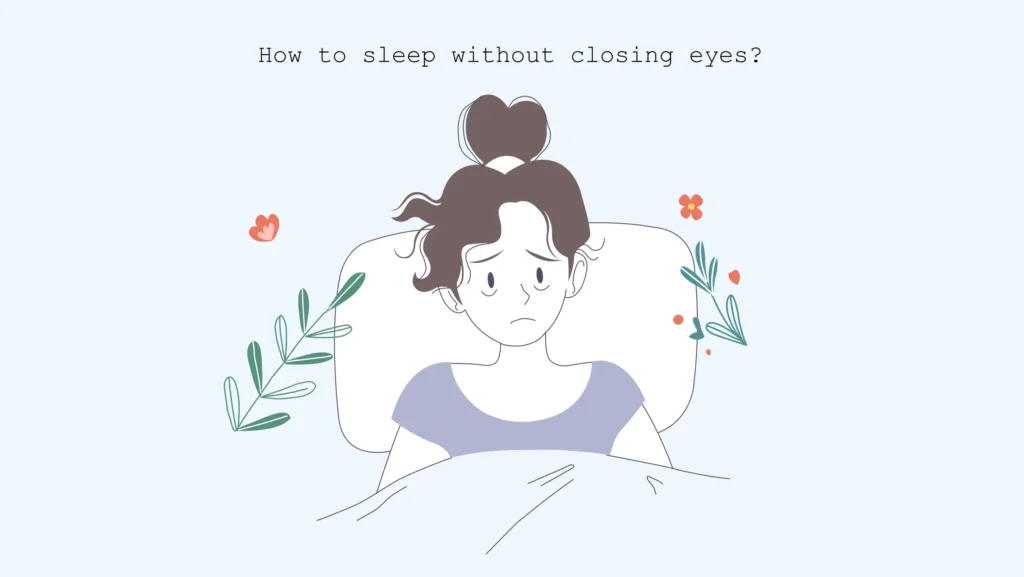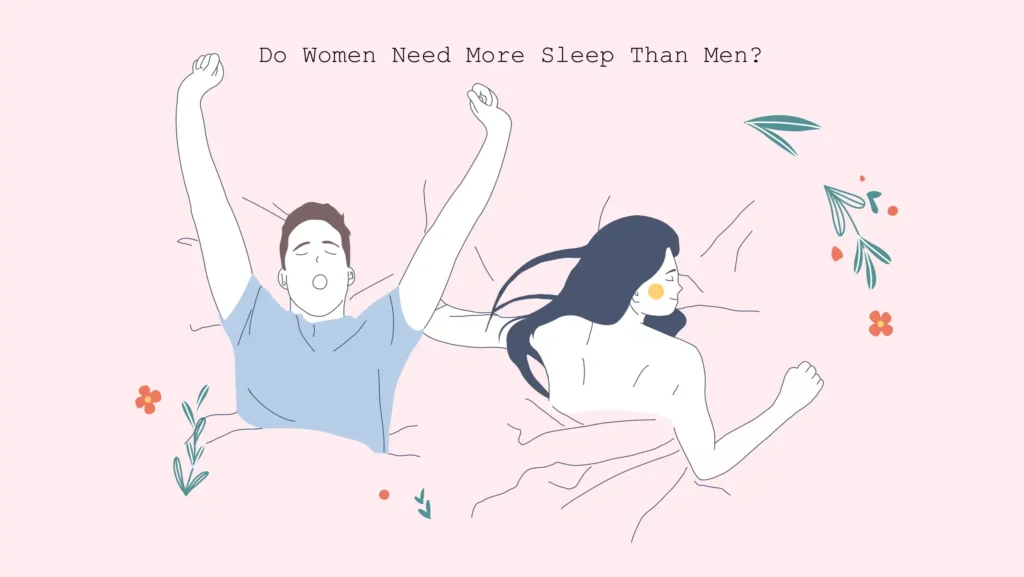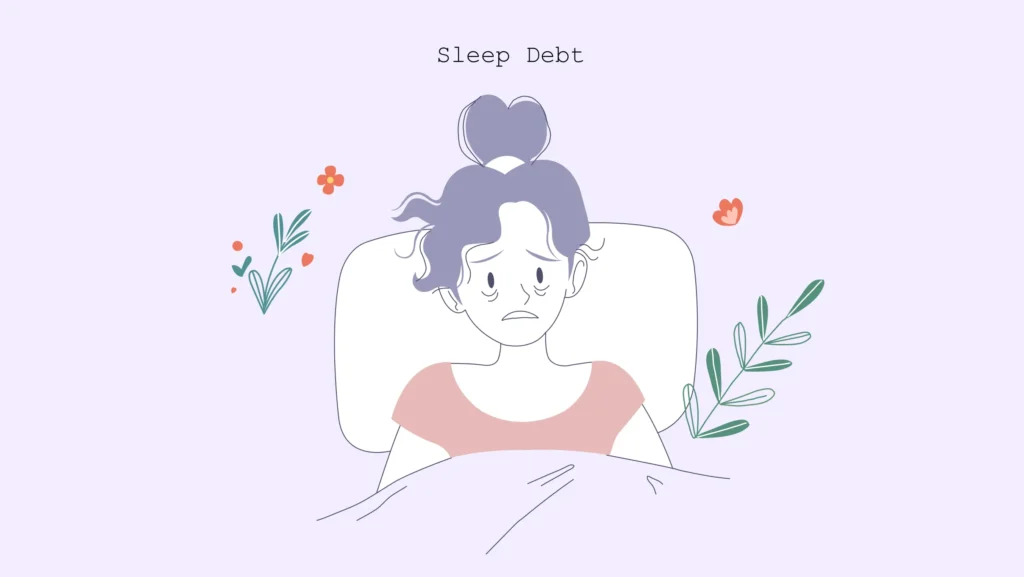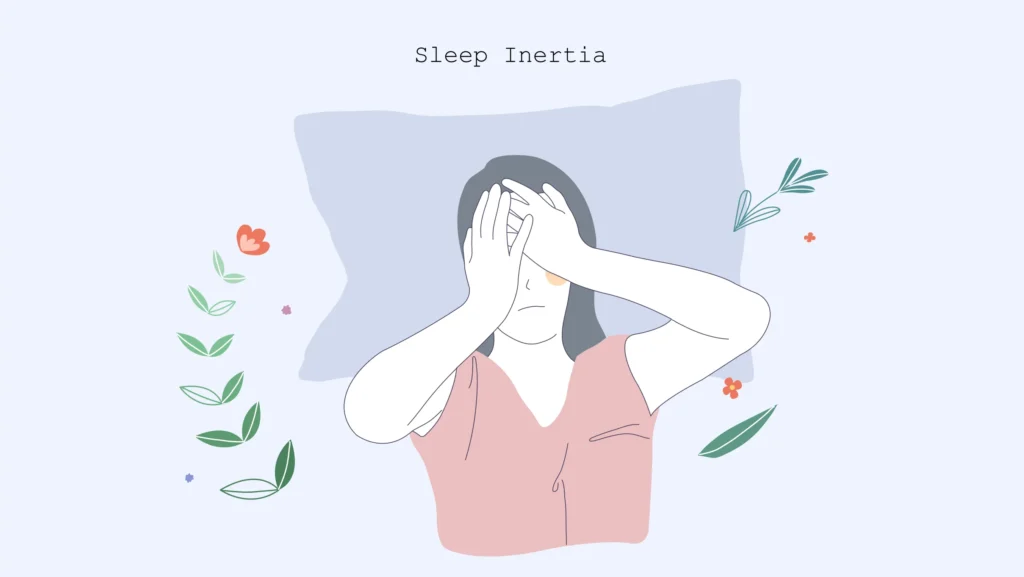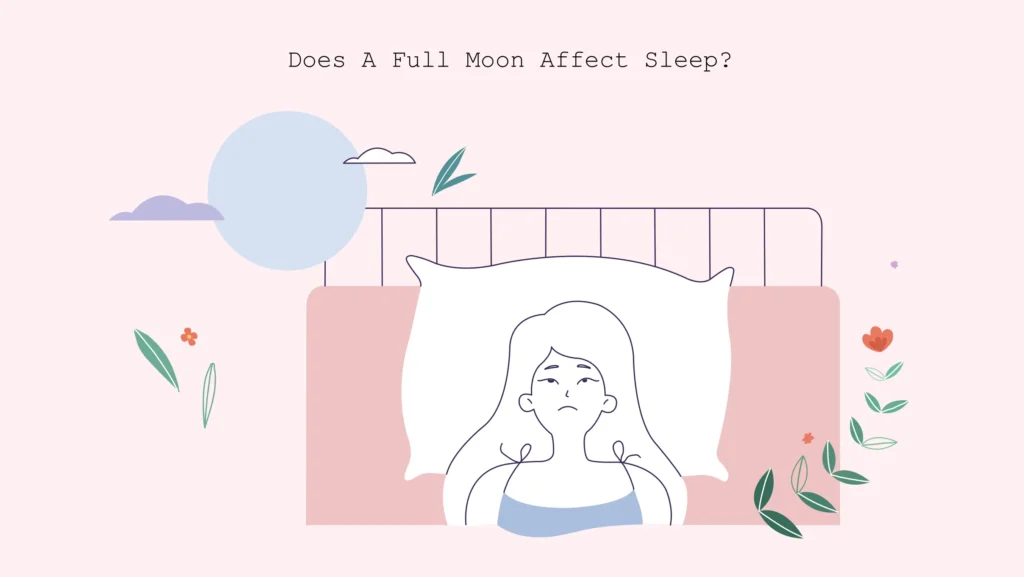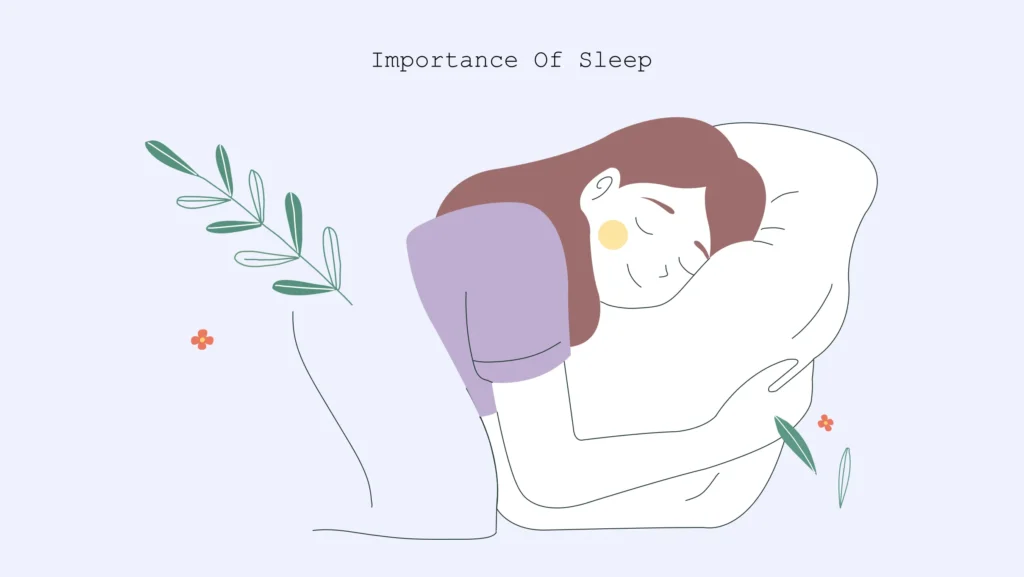How Sleep Works: Understanding the Science of Sleep
Fact Checked
Up to date
Update: June 28, 2023
Share
Written by

Content Writer
Medical reviewed by

Pulmonologist & Sleep Expert
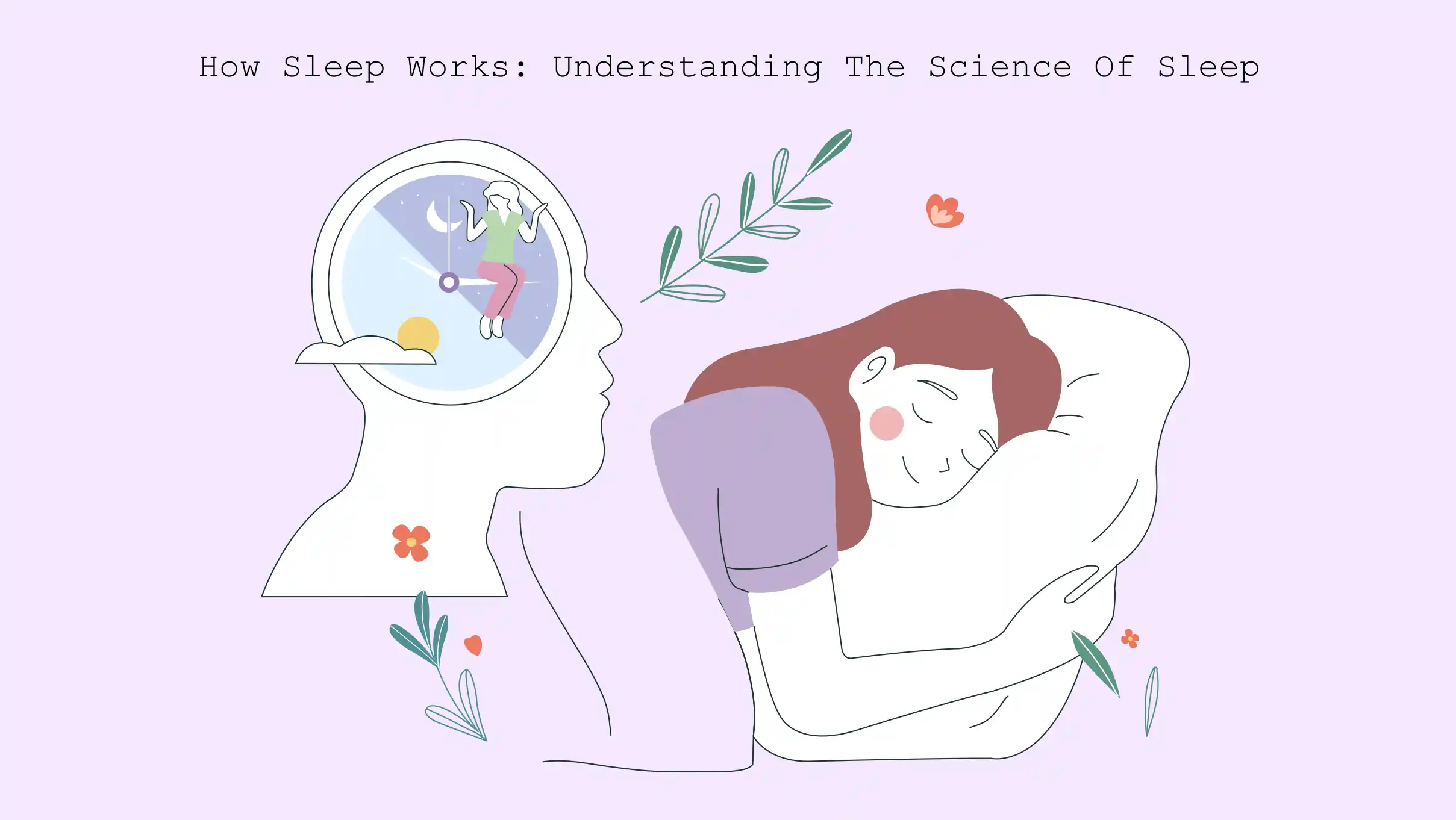
1
people like this article
Share
Written by

Content Writer
10 years of experience as a content writer
Previously worked as a copywriter for a health journal
Ability to write in a variety of formats, including articles, white papers, and clinical trial summaries
Medical reviewed by

Pulmonologist & Sleep Expert
14+ years of experience as a consultant with a keen interest in interventional pulmonology, critical care & Sleep medicine. His research articles have been published in various medical journals, both domestic and international.


